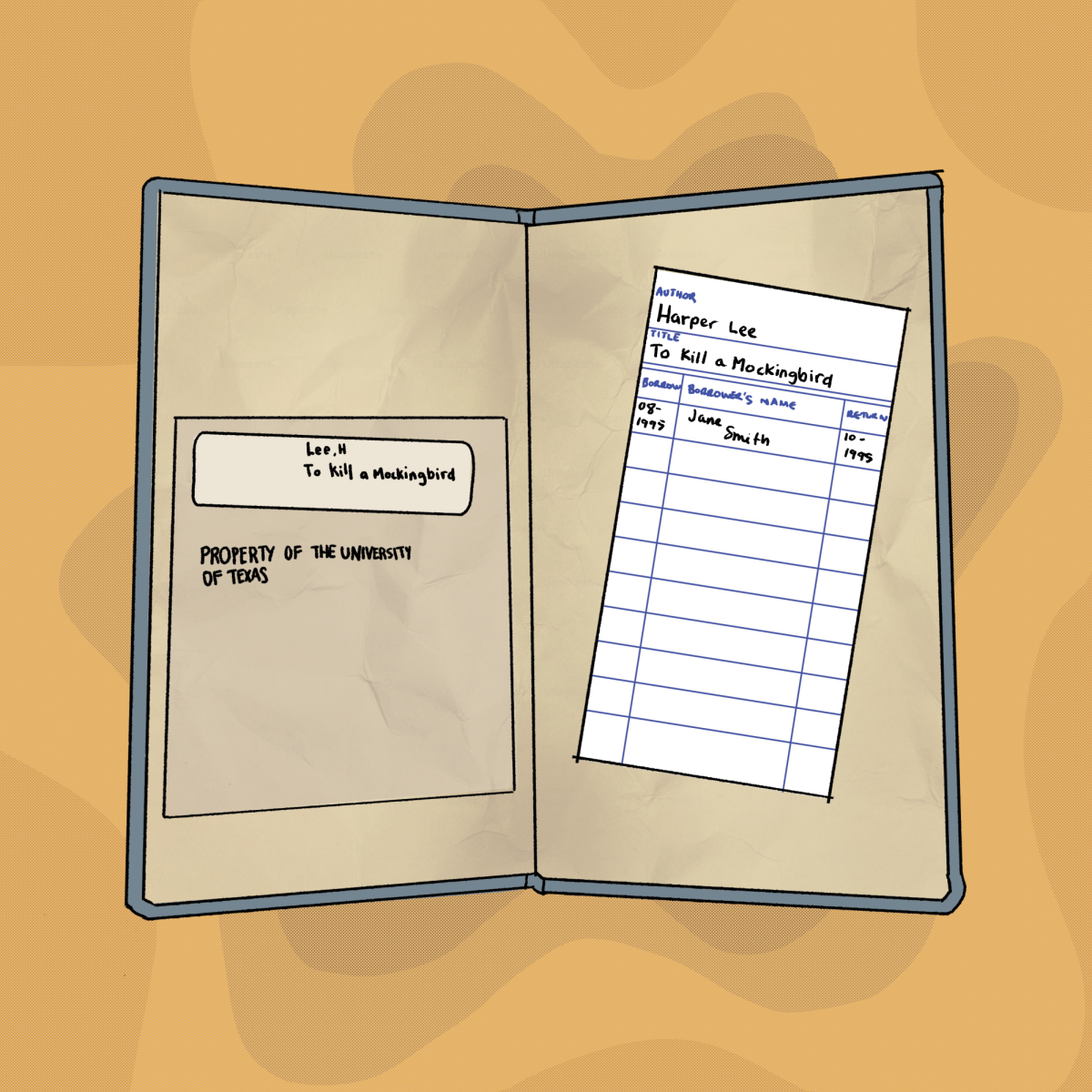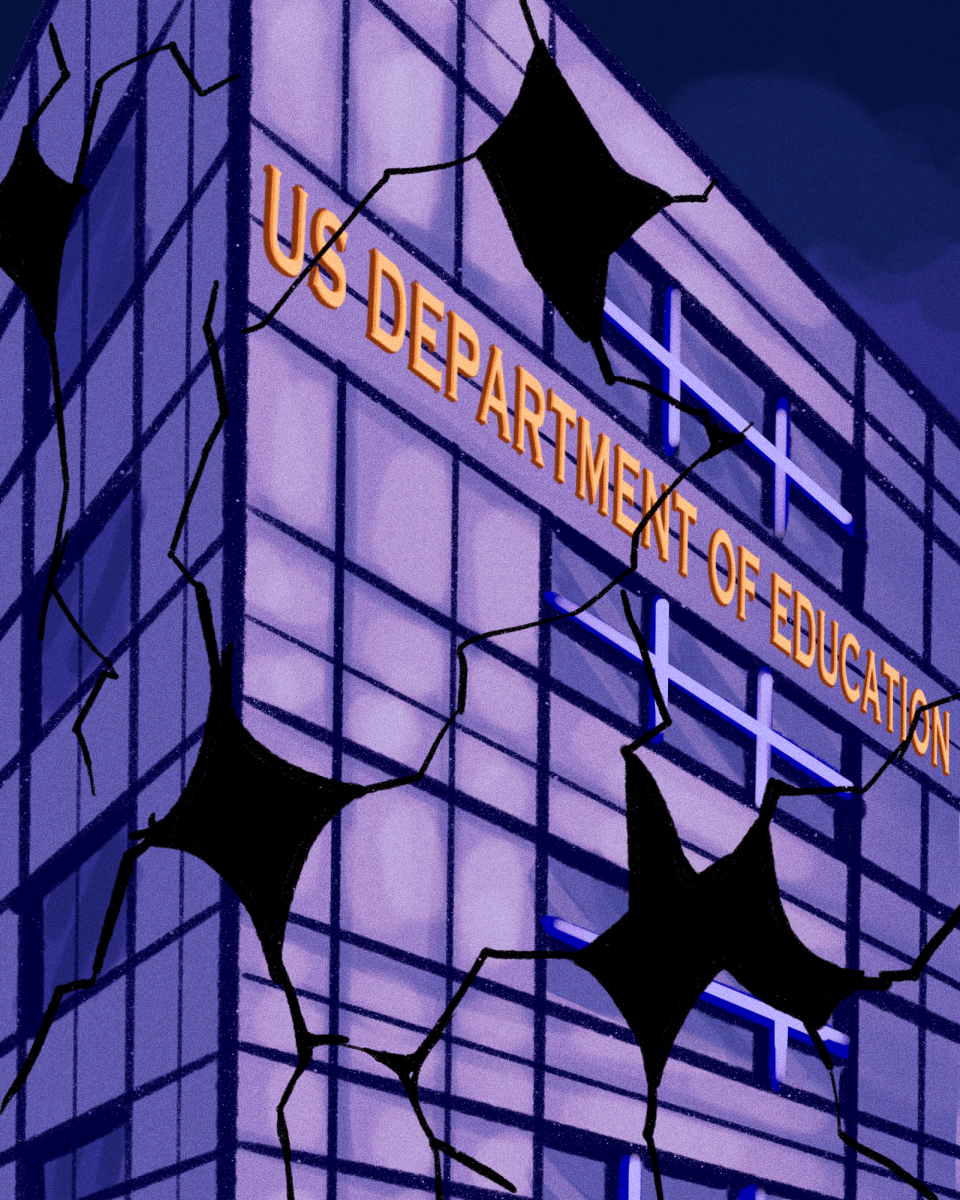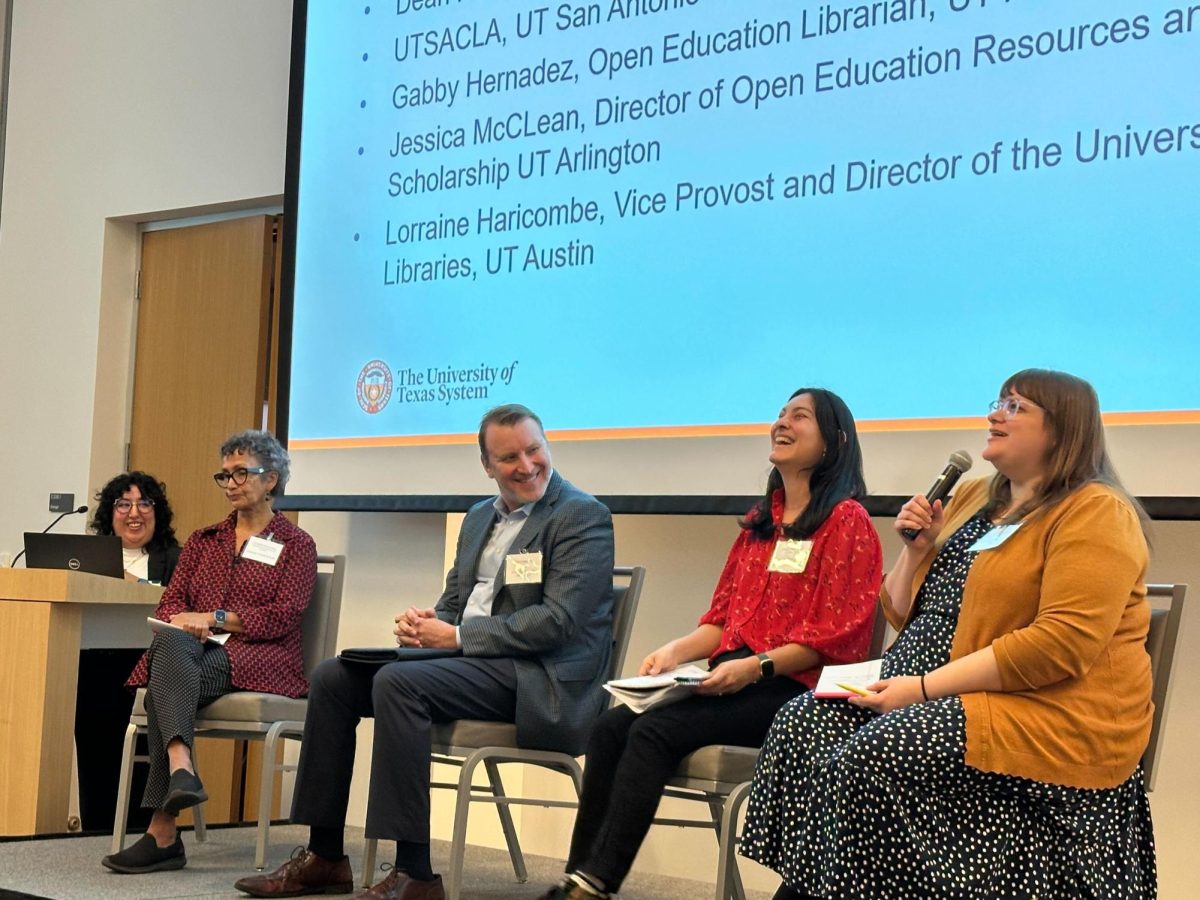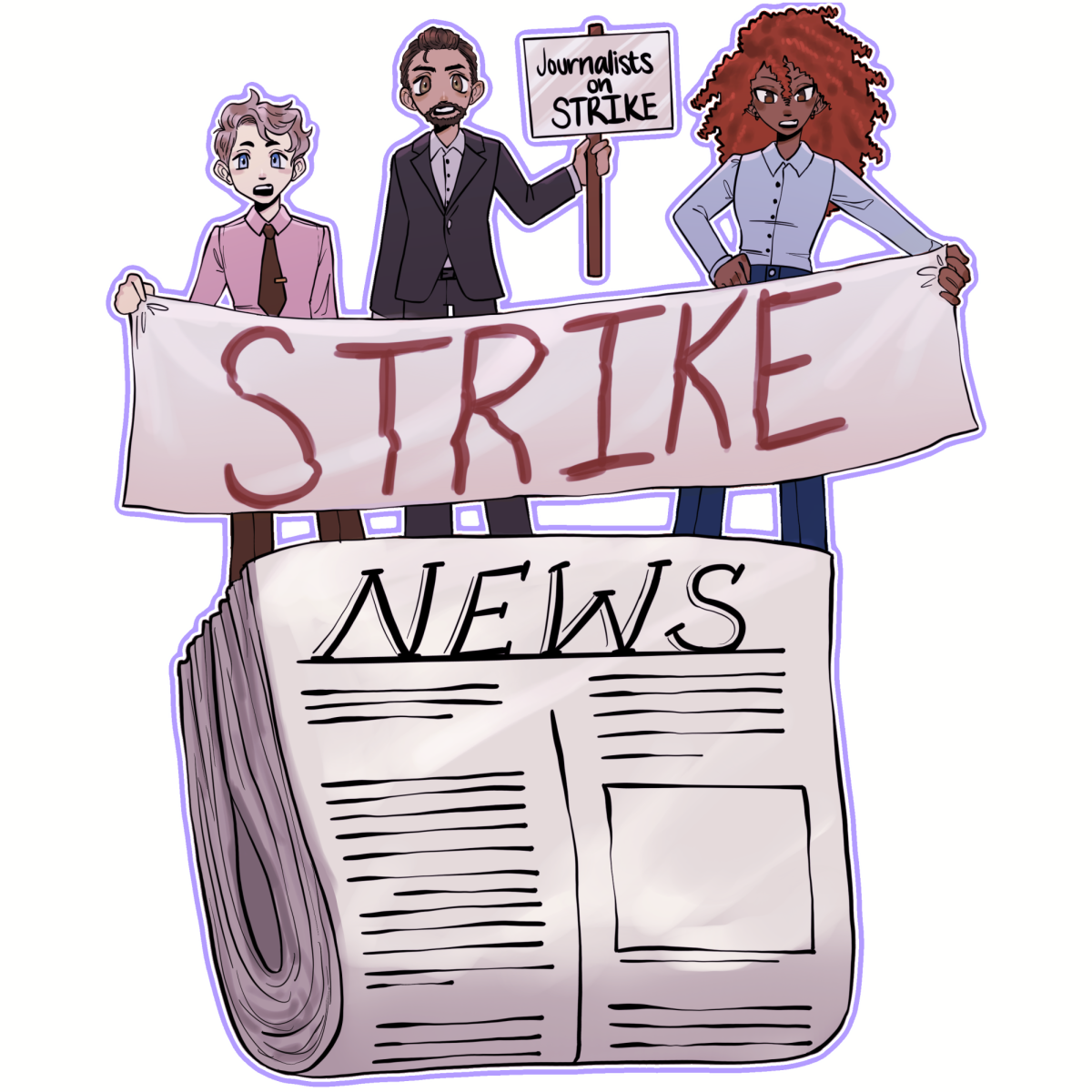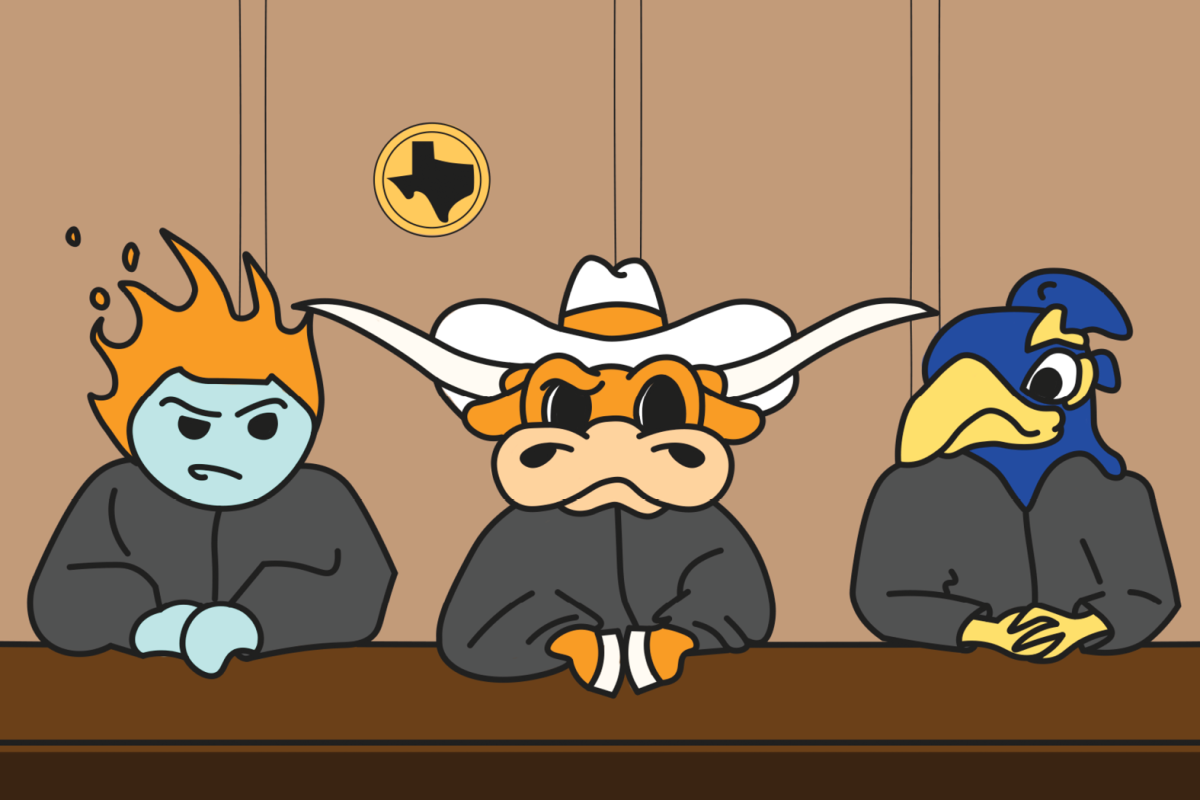The UT System Board of Regents unanimously approved a change in its free speech policy on Aug. 22 that prevents the system and UT institutions from adopting an opinion on political or social “issues of the day.”
The amendment prevents institutions from using university statements, functions, ceremonies or publications to express an opinion on issues not directly impacting operations, UT Systems Chancellor James Milliken said in the meeting. This does not affect individual freedom of speech for students, faculty and staff.
The system’s free speech policy, adopted in 2022, is based on the Chicago Statement on Free Speech, said Paul Corliss, the UT System’s associate vice chancellor for external relations and communications. The policy previously prevented institutions from shielding individuals from ideas they find “they find unwelcome, disagreeable, or even deeply offensive,” but did not explicitly state universities could not issue an opinion.
“Rooted in the Kalven Report from the University of Chicago, the (new) policy reflects the principle that the institution’s role is not to take positions on political, social, or other matters unrelated to its operation but to uphold a community where students, faculty, and staff have the freedom to do so,” Corliss said in an email.
The Kalven Report emerged in 1967 and has been used on college campuses to ensure institutions remain neutral on political or social issues, regardless of pressure from students or other forces. Other institutions, including Emerson College, the University of Southern California and John Hopkins University, adopted similar amendments based on the report to their policies over the summer.
The renewed focus on free speech comes in the wake of pro-Palestine protests that erupted across the country in the spring, including on multiple UT System campuses. Protests at UT-Austin in April resulted in 135 arrests.
David Keating, president of the Institute of Free Speech, a national organization that “promotes and defends American citizens’ First Amendment political speech rights,” believes the change in policy can ensure students and faculty feel more comfortable voicing their opinion.
“Some university students … are still young in their life and their career, and if the university takes a position on a public issue that’s not directly related to the institution’s survival, it can send a message to students and faculty that we don’t want you saying other things,” Keating said. “The point of (universities) is to discover the truth, to learn and to not feel like you have to follow the university line.”
In addition, the policy changes follow Gov. Greg Abbott’s executive order for state universities to revise their free speech policies to address the “proliferation of antisemitism at public universities.”
While the University did not explicitly take a stance on the Israel-Hamas war, President Jay Hartzell issued a statement condemning Hamas and discouraging antisemitism on campus in fall 2023. After April’s pro-Palestine protests, Hartzell stated the University did not allow the protests to proceed because it assumed the protesters would be disruptive to campus, unlike at other pro-Palestine events that took place earlier in the year.
David Loy, legal director of the First Amendment Coalition, said as long as the policy changes do not prevent students from speaking up, the changes do not violate the First Amendment. However, he said institutions need to make it transparent to students and faculty that it does not affect their freedom of speech.
“It’s especially important in times of controversy for the government to be fundamentally clear that it respects the freedom of speech of all people to discuss, debate, criticize, demonstrate and protest,” Loy said. “That’s never more important than when you know issues are heated and the debate is heated.”






